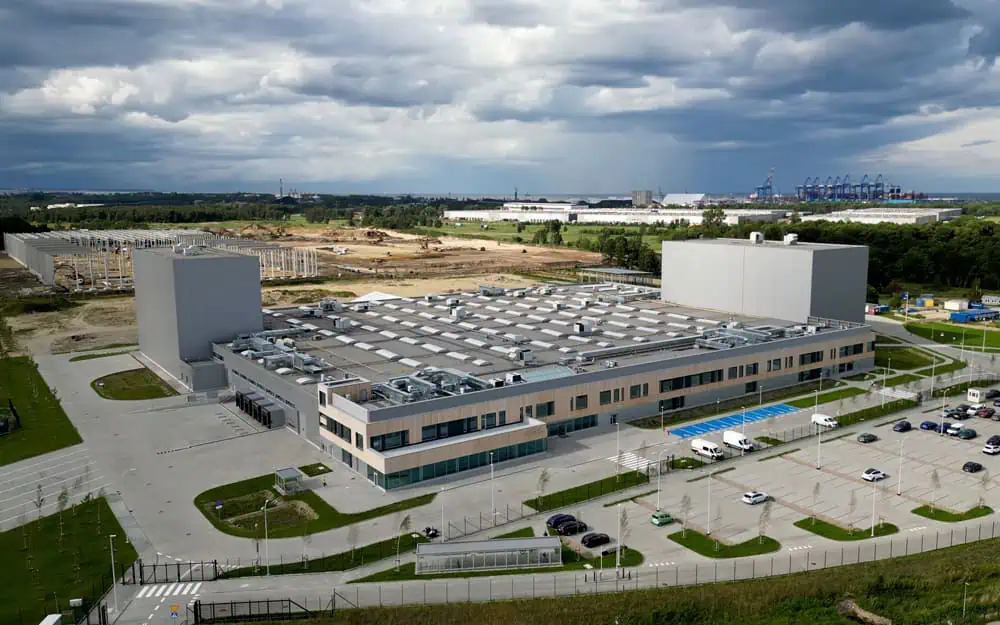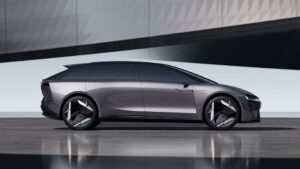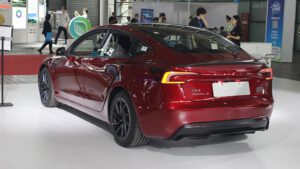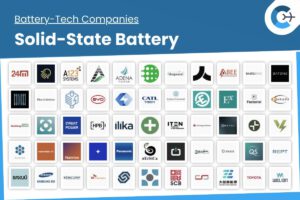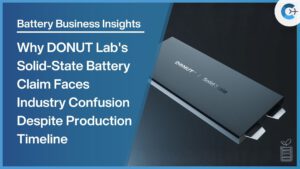Lyten, a supermaterial applications company and leader in lithium-sulfur batteries, has agreed to acquire Northvolt’s Dwa ESS operations in Gdansk, Poland.
The assets include a 25,000 sqm (270,000 sq ft) battery energy storage systems (BESS) manufacturing and R&D facility, currently the largest in Europe. Financial terms were not disclosed.
Lyten plans to resume production immediately to fulfill existing orders and introduce the first BESS powered by lithium-sulfur batteries. This move follows Lyten’s earlier acquisition of Northvolt’s lithium-metal cell plant in Silicon Valley, supporting its global scale-up of lithium-sulfur battery manufacturing.
Commissioned in 2023, the Gdansk facility houses equipment to produce up to 6 GWh of storage annually, with potential expansion beyond 10 GWh. It operates on renewable power and has contracted orders extending into 2026.
Lyten’s CEO, Dan Cook, noted that combining Silicon Valley technology with Polish engineering talent will enable delivery of advanced energy storage solutions worldwide. Lyten Chairman Lars Herlitz emphasized European customers’ preference for locally manufactured systems that reduce geopolitical supply chain risks.
Lyten’s lithium-sulfur batteries feature a wider operating temperature range, enhanced safety, and use abundant, low-cost materials available in the US and Europe. These batteries also offer high energy density and a lightweight design, attributes well suited to growing BESS market demands in AI data centers, grid resiliency applications, and emerging markets.
In late 2024, Northvolt began a strategic review and bankruptcy process, leading to planned divestitures including the Dwa ESS unit. The transaction is expected to close in Q3 2025, pending regulatory approvals and customary closing conditions.
The acquisition extends Lyten’s European footprint and aligns with its recent $650 million letter of intent from the Export-Import Bank of the US to expand BESS manufacturing and supply to emerging markets. It also supports the company’s partnerships in aerospace, automotive, and commercial EV applications, including drone deployments, an International Space Station demonstration, and integration into a Stellantis concept vehicle.
Source: Lyten press release

